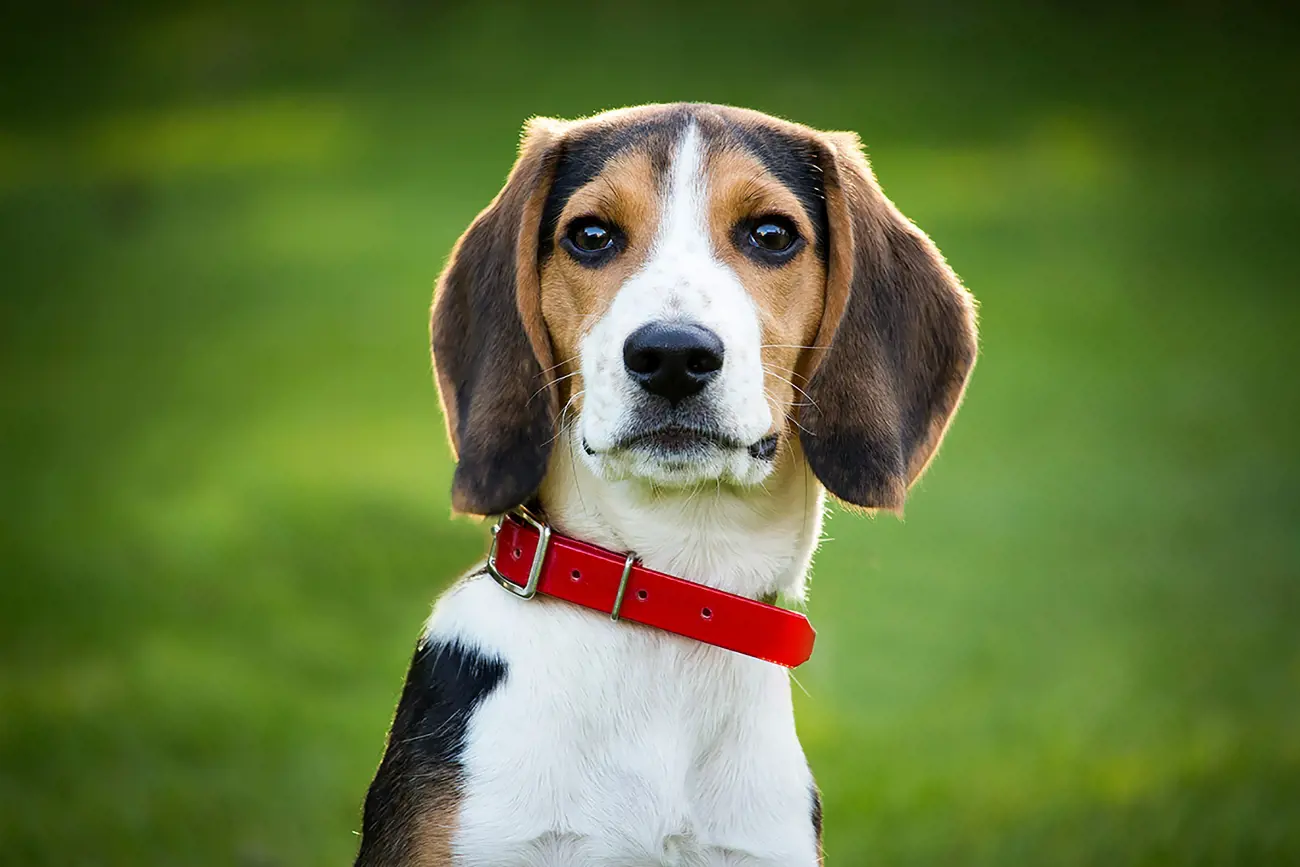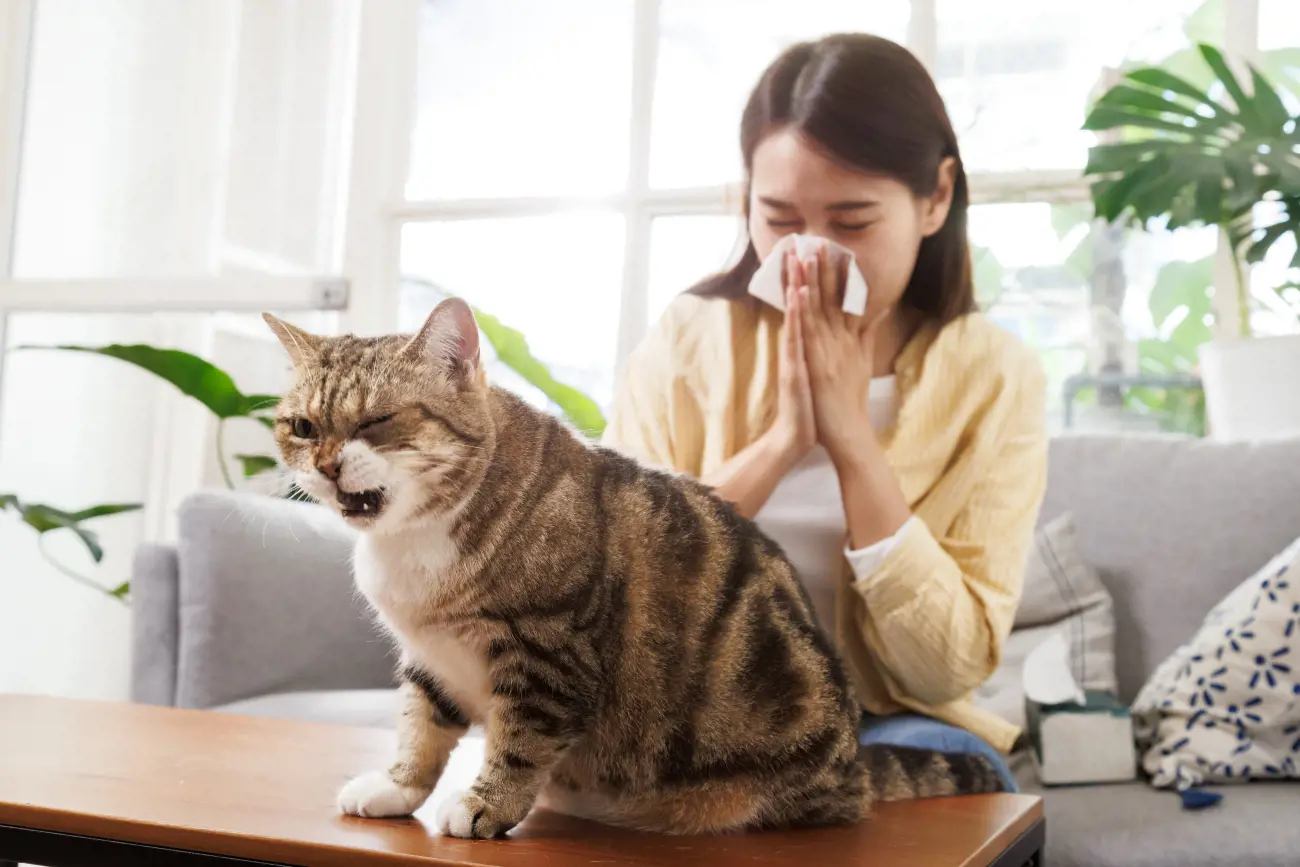How to build confidence in your canine
2nd October, 2019

Does your dog cower at the sight of a stranger? Or become fearful when he’s around other dogs? If so, this could signal a lack of confidence in your canine, which can make life difficult for both you and your pup.
Nervous behaviour in dogs usually stems from negative experiences in their past. This may not affect you if you’re buying a new-born pup.
But if you’re purchasing an older dog or a pooch from a rescue centre, you need to find out all you can about their background as this may give you clues as to why they behave the way they do.
When a dog lacks confidence, they can express that in different ways. Some run away and hide with their tail between their legs; others bark and become aggressive.
To protect your pup from any accidents or incidents that might occur when their lack of confidence gets the better of them, make sure you have the right dog insurance in place.
Not only does this cover vets bills and loss by straying, it can also give you third party liability to protect you from claims from other people.

What makes a dog nervous?
Every dog is different and what triggers a nervous reaction in one pup might delight another. Some of the common things that can affect a dog’s confidence are:
Fireworks or thunderstorms (astraphobia)
Your dog may be able to sense an approaching thunderstorm due to the change in atmospheric pressure and their incredible sense of smell, and display nervous behaviour before it actually appears.
Strangers or people with beards or glasses
‘Why is my dog scared of strangers?’ you may ask. If your pooch struggles when meeting new people, this could be a sign that he wasn’t properly socialised during puppyhood.
Puppies need to be exposed to a wide range of social experiences and people when they’re young in order to build their confidence for adult life.
Trips to the vet
Fear of the vets is a common issue among dogs. The sights, sounds and smells of hundreds of other animals is enough to worry the most confident of hounds. This fear is understandable, especially if it’s a place they associate with pain.
Other dogs
If your pooch had a bad experience with older, larger dogs as a puppy, he may carry that into adulthood.
As we’ve already mentioned, early socialisation is key but as a responsible dog owner, you must be on the lookout for any signs of distress and properly manage any new meetings, especially in the first few months.
What are the signs of fear or anxiety in a dog?
If you’ve got a new pup or you’ve just picked up your rescue pooch, you may not know what a lack of confidence looks like in your pet.
As Purina explains, some telltale signs of nervousness, fear or anxiety in dogs are:
- Flattened ears
- Tail between legs
- Cowering
- Panting
- Pacing
- Hiding
- Lack of appetite
- Salivation
- Being distracted
- Yawning

3 ways to make your dog more confident
Every owner wants their dog to be happy, healthy, confident and emotionally independent. In order to create an environment where their confidence can flourish, you need to give them three key things, which are:
1. Routine
Dogs thrive on routine – walk time, dinner time, nap time! One of the most common triggers for nervousness and lack of confidence in dogs is a constantly changing routine and environment.
As Pets At Home explains, you should try to structure your dog’s life as much as possible, walking and feeding them at similar times each day and being consistent with your commands and training.
2. Training
Dogs lacking in confidence could benefit from dedicated training in the form of counter-conditioning or desensitisation.
In counter-conditioning, the thing that the dog finds scary is accompanied by something the dog loves, like a treat.
Eventually, the nervous emotion is replaced with a feeling of happiness, literally changing the way your pooch feels about a specific thing, place or person.
Desensitisation is when you expose the dog to the stressful stimulus at a very low level.
You may feel more confident doing this type of training with a professional instructor. Do a search online for dog trainers in your local area.
3. Positive reinforcement
You should never punish a nervous or unconfident dog. It might be very frustrating or even embarrassing for you as the owner, but chastising your pup will confuse it and lower their confidence even further.
Try to be calm and patient. Don’t push them into new and stressful situations and expect them to cope immediately.
Use a soft tone of voice to encourage them, rather than shouting orders and give them lots of love and attention like patting and scratching when they do something that’s out of their comfort zone.
As with all dog training, continuity is key – remember, slow and steady wins the race.
A quick confidence booster
Pedigree has a quick and easy exercise you can try to help boost your canine’s confidence.
As it explains, you’ll need some treats, the dog’s lead and a willing friend or family member who is familiar with your pup.
- Put your dog on the lead and give him a treat
- Give the command of ‘Say Hello!’ and walk up to your friend
- The friend gives the pup a treat but without talking, touching or looking at the dog
- Lead the dog away giving them lots of praise
This simple exercise can be repeated until the dog walks over to your friend when simply hearing the ‘Say Hello’ command.
Then you can slowly build up to doing this with people that your dog doesn’t recognise. But remember, the person should never touch or look at your dog.

Protecting your nervous pup with dog insurance
One of the best things about dog insurance through Purely Pets is that we offer a 24-hour vet helpline, so if you’re worried about your dog’s confidence levels, you can get professional advice in an instant.
As specialists in dog insurance, we know that you want to protect your pup from everything life will throw at it, so we offer lifetime cover to suit your pooch, and your pocket!
Get a quote for dog insurance today.
Frequently asked questions
How can I be confident around my dog?
It all starts with understanding your pet's needs and language. A dog's natural ability to pick up on our emotions is a key strength, so maintaining a calm and firm demeanour is essential. Spend quality time with your dog, engage in play and training sessions, and establish a routine. All these steps will not only help you feel more confident but also enhance the bond with your pet.
Do dogs get more confident with age?
With age, your furry friend gains more experience, learns more about their environment and develops a better understanding of what to expect from the world around them. This familiarity breeds confidence. They become surer of their actions and reactions and can handle situations better. However, it's important that they have positive experiences throughout their life.
How do I help my dog with insecurity?
Start by providing your furry friend with a safe and comfortable environment, keeping their routine consistent, and showering them with affection. Remember, patience is key with dogs that lack confidence. It might take some time to build a dog's confidence to overcome their insecurities but with your continuous support and love, they will eventually feel secure and happy again.
What are dog confidence building exercises?
Effective activity for a more confident dog is agility training, allowing your dog to conquer physical challenges and realise their potential. Socialisation with other dogs and humans can also boost your pup's self-esteem and reduce anxiety of a fearful dog. Providing your dog with plenty of positive reinforcement for good behaviour can certainly improve their confidence.
How do I build a dog's basic obedience?
Building a dog's basic obedience is like laying the foundation for a strong, well-behaved pet. It involves teaching them essential commands such as sit, stay, and come. The process starts with positive reinforcement; rewarding your dog each time they follow your command correctly. Remember to keep training sessions short but regular, as dogs learn better this way.
Helpful Pages
Recent Posts

Why do Great Danes bury their heads?
12/03/25
Find out more about Beagles
28/02/25Pet Insurance Quote
- 98% claims paid *
- Claims paid directly to vets
- 24/7 vet video consultations
- Interest free monthly payments


